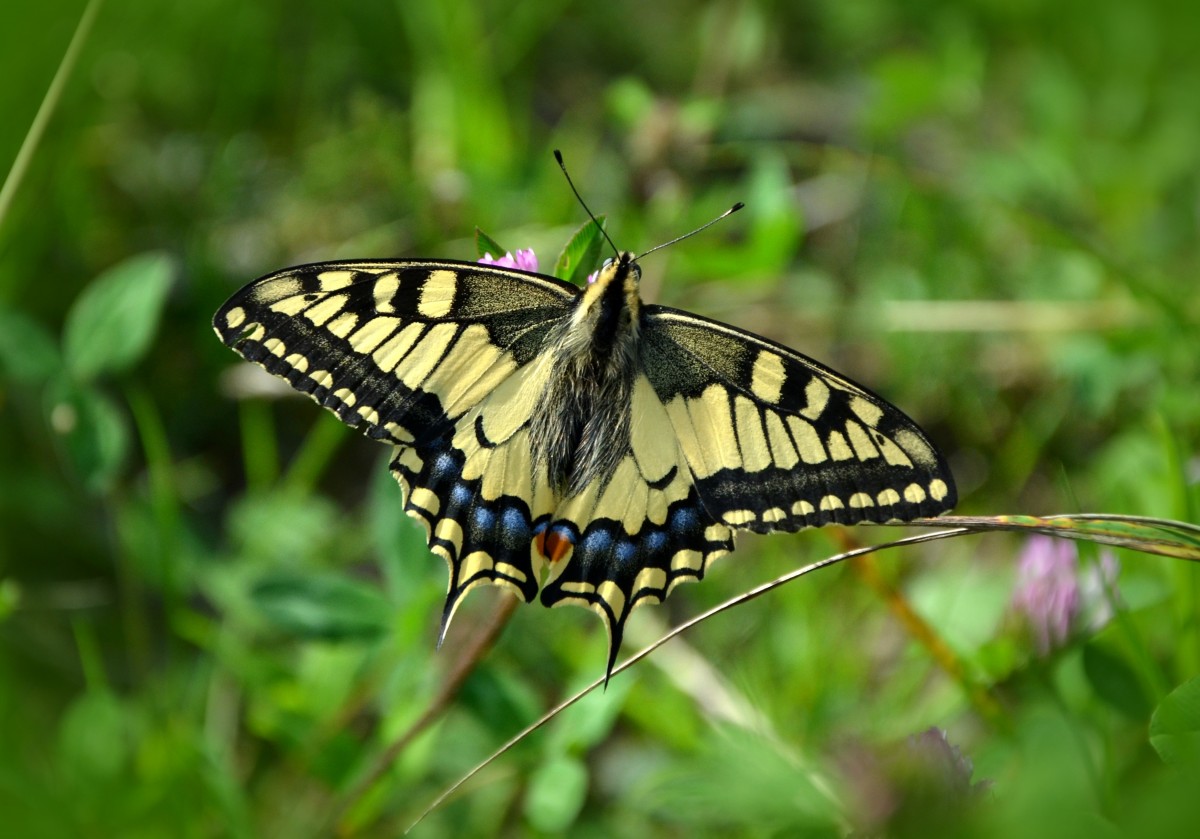Detoxification from methadone using low, repeated, and increasing doses of ibogaine: a case report
Authors:
Clare Wilkins, Rafael G. dos Santos, Jordi Solà, Marc Aixalà, Pep Cura, Estefanía Moreno, Miguel Ángel Alcázar-Córcoles, Jaime E. C. Hallak, and José Carlos Bouso.
Journal:
Journal of Psychedelic Studies
Year:
2017
About the study
This study presents the case of a successful detoxification from long-term methadone dependence using low, repeated, and increasing doses of ibogaine. It is the first case report describing an ibogaine treatment with low and cumulative doses in order to quit a methadone maintenance treatment.
The research focuses on a 47-year-old woman who had been taking methadone for 17 years to treat her previous heroin dependence. One year after the study with ibogaine, she was no longer under methadone treatment, and didn’t have any symptoms of post-acute withdrawal syndrome.
We found that low, multiple, ascending doses of ibogaine may provide a successful alternative to classical methods based on conventional detoxification, significantly reducing or even eliminating abstinence symptoms, and returning the system to its normal physiological state.
Abstract
Background and aims: Ibogaine is a natural alkaloid that has been used in the last decades as an adjuvant for the treatment of opiate withdrawal. Despite the beneficial results suggested by animal studies and case series, there is a lack of clinical trials to assess the safety and efficacy of ibogaine. Moreover, the majority of reports described cases of heroin-dependent individuals, with and without concomitant use of methadone, using high doses of ibogaine. Therefore, it is not clear if ibogaine at low doses could be used therapeutically in people on methadone maintenance treatments (MMT).
Methods: Case report of a female on MMT for 17 years who performed a self-treatment with several low and cumulative doses of ibogaine over a 6-week period.
Results: The patient successfully eliminated her withdrawals from methadone with ibogaine. Each administration of ibogaine attenuated the withdrawal symptoms for several hours, and reduced the tolerance to methadone until all signs of withdrawal symptoms disappeared at the end of the treatment. No serious adverse effects were observed, and at no point did the QTc measures reach clinically significant scores. Twelve months after the treatment, she was no longer on MMT.
Conclusions: To our knowledge, this is the first case report describing an ibogaine treatment using low and cumulative doses in a person on MMT. Although preliminary, this case suggests that low and cumulative doses of ibogaine may reduce withdrawal symptoms in patients undergoing MMT.
Photo by Pxhere.
Categories:
Studies & papers
, Iboga and ibogaine
Tags:
ibogaine
, scientific research
, study
, drug dependence
, methadone
, substance use disorders

